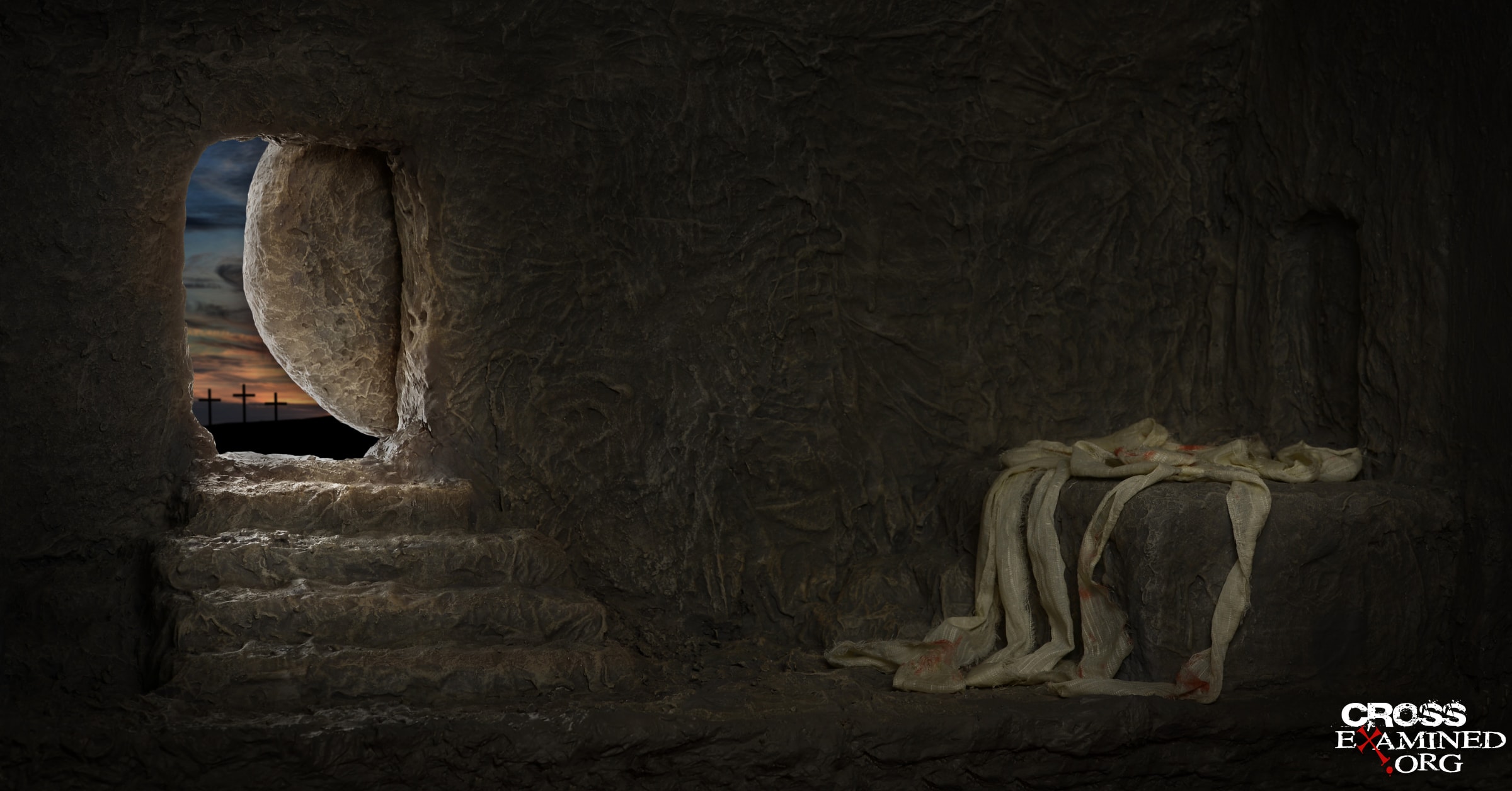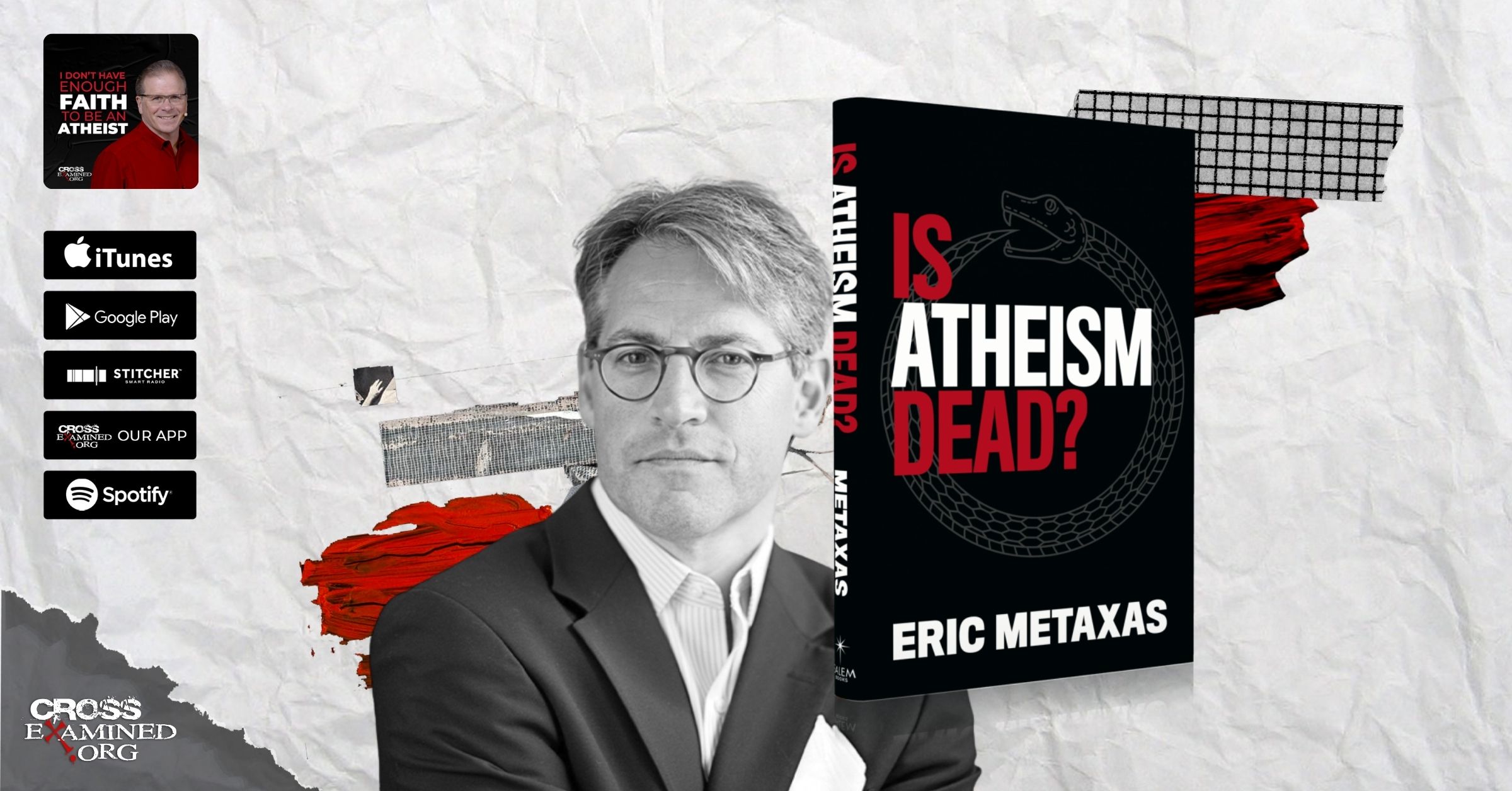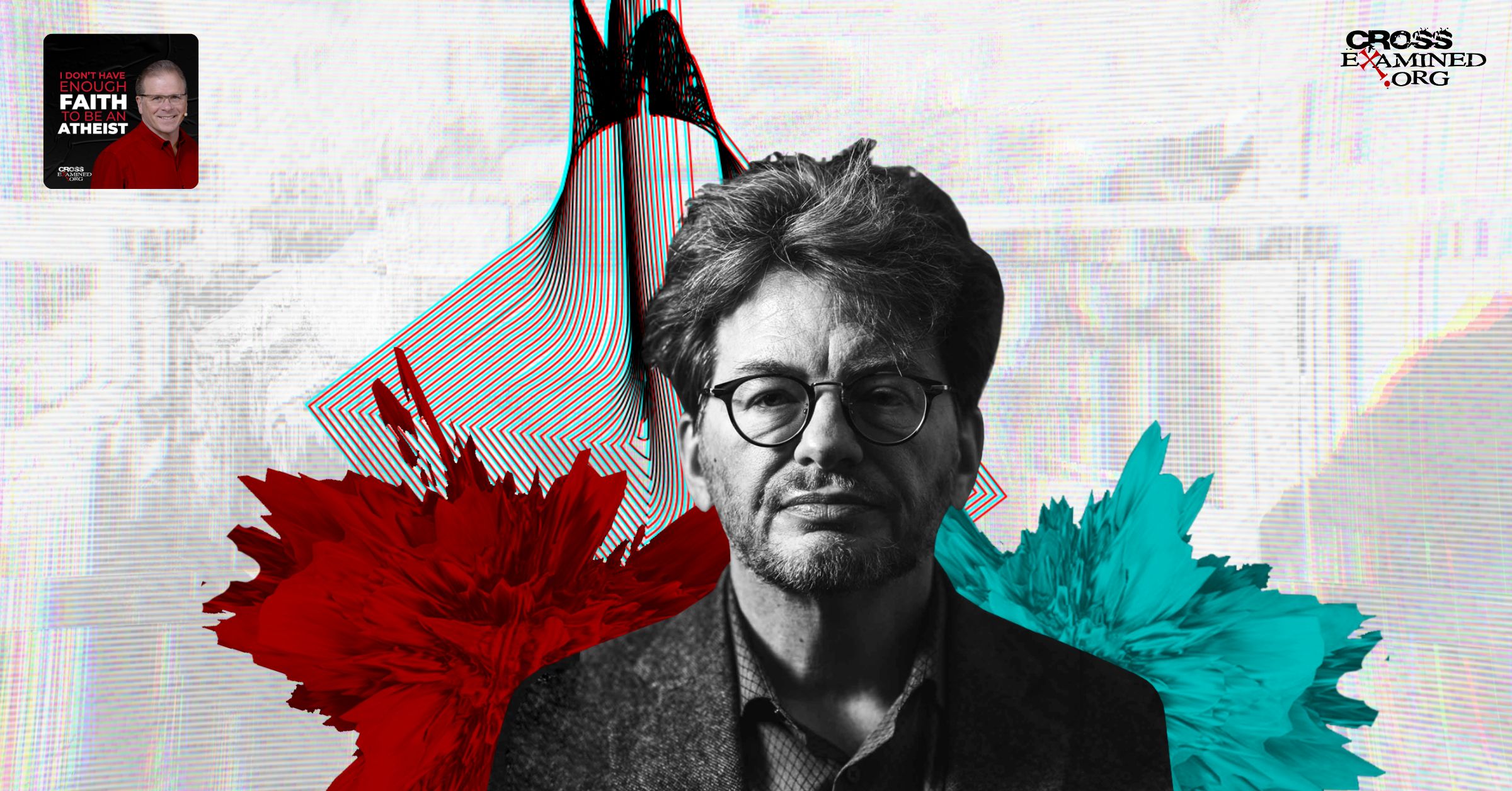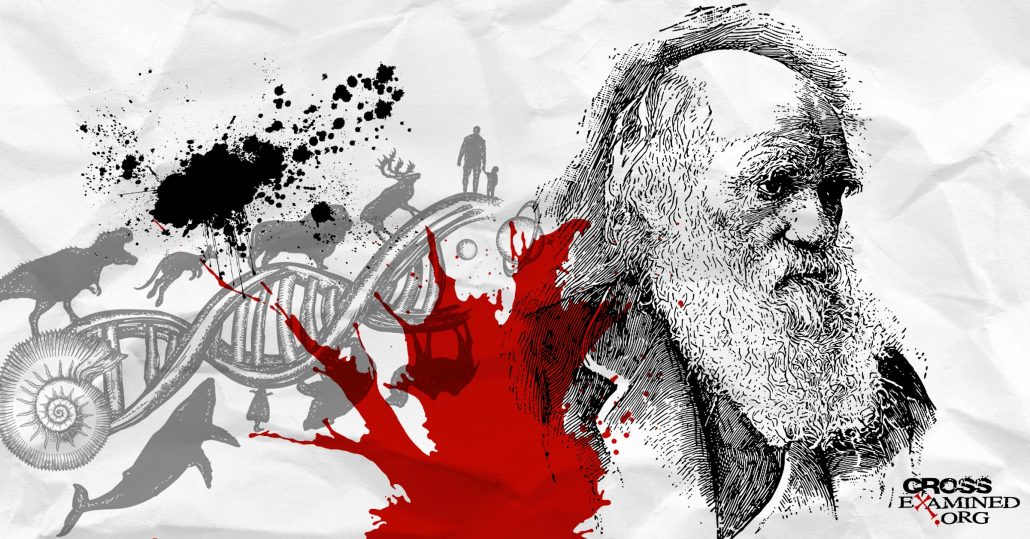Facing an Unknown Future with a Known God
This past Sunday, my family and I stopped by a local antique store after church. We were there for no reason but to check out their merchandise to see, as my wife says, “if there was anything that we couldn’t live without.” As we navigated our way through the aisles of the store, a sign appeared before me with a message that I needed to hear. The sign read, “Never be afraid to trust an unknown future to a known God.” I have heard people asking God for a sign. I have asked God for the same. Nevertheless, God gave me a literal sign for the moment.
As a bit of a backdrop, my family and I had just attended the last service where I served as pastor. I am about to embark on a new phase of ministry. As such, our lives are in a state of transition. Change is often difficult for us all. Yet this sign served as a reminder that God is not only over all places, God is over time itself which means that we can trust the knowable God with our unknown future. Here are a few reasons why we can believe the sign’s statement.
God is Transcendent. God’s transcendence indicates that God is not restricted by creation. This is something that truly baffles my mind. As a stargazer, I found myself lying on the ground last night looking up at the stars. I found myself lost in the beauty of the Large Magellanic Cloud band of the Milky Way galaxy. I was in awe of the intensity of the glow of Jupiter, Saturn, and Mars. And then it hit me. As immense as the universe is with its numerous stars, planets, and galaxies; the universe and all its parts still do not compare to the transcendent majesty of God. God is not restricted by creation, but rather creation is subdued under the transcendent Creator’s authority. With this in mind, believers can face an unknown future with the confidence that God is able to come through for them in ways that no other being has the capacity to do. God’s sphere of transcendence places him on a level that no other being could attain. God is the highest and greatest of all possible beings.
God is Omnipresent. Omnipresence is God’s attribute that describes God’s ability to be in all places at all times. God is not restricted by space. Therefore, God can always transcend locations enabling God to be near to all people. Paul had this idea in mind when he said to the Athenians that God is “not far from each one of us” (Acts 17:27). God reveals that he fills both heaven and earth through his prophet Jeremiah, saying, “Do I not fill the heavens and the earth” (Jer. 23:24)? While we may not know what tomorrow brings, we can face the future with confidence knowing that God’s presence is always with us.
God is Omnitemporal. God’s omnitemporality indicates that God is the Lord of time. Isaiah writes, “Do you not know? Have you not heard? The Lord is the everlasting God, the Creator of the whole earth. He never becomes faint or weary; there is no limit to his understanding” (Isa. 40:28). Alan Padgett contends that God is the Lord of time. Time flows from the being of God. Padgett writes,
“To say that God is the Lord of time would include the fact that he is not limited by any amount of time, either in the actions he can perform or the length of his life. While humans can fear the passage of time, because it brings them closer to the end of their life, God is everliving. He cannot die, and has nothing to fear from the future” (Padgett, GEATNOT, 123).
Since God is the everliving and everlasting God, then God’s children have nothing to fear from the unknown future because God is already in the future, as such. Even death cannot intimidate the believer as the everliving God has granted eternal life to those who trust in him.
God is Omnisapient. Finally, God is omnisapient. Omnisapience refers to the all-wise God. Omnisapience (all-wisdom) differs from omniscience (all-knowledge) in the sense that while knowledge understands certain data, wisdom knows how to make the best decisions with the data available. Wisdom references good decision making. God, being the all-wise God, makes the best decisions for our lives even when those decisions do not make sense to us. Since God is the only being who is self-existent, self-sustaining, omnipresent, and transcendent; God then has access to information that none of us could ever possess. God is love (1 John 4:8). As such, God desires the very best for us, especially God’s children. Therefore, people can trust their lives and their future to the all-wise God.
I am certain that I am not the only person who faces uncertainty in life. With society in turmoil and the world facing a pandemic, nearly everyone has been impacted by the tensions of uncertainty. Nevertheless, we do not need to fret if we trust God. Oswald Chambers rightly holds that our fears arise when we place our trust in humanity or in our own abilities. Chambers notes,
“Our Lord trusted no man; yet He was never suspicious, never bitter, never in despair about any man because He put God first in trust; He trusted absolutely in what God’s grace could do for any man. If I put my trust in human beings first, I will end in despairing everyone; I will become bitter, because I have insisted on man being what no man can ever be—absolutely right. Never trust anything but the grace of God in yourself or in anyone else” (Chambers, MUFHH, 152).
Rather than placing your trust in your abilities or the abilities of other people, trust God with your future. While our future may be unknown to us, the future is fully and completely known by the known God.
Sources
Chambers, Oswald. My Utmost for His Highest. The Classic Edition. Uhrichsville, OH: Barbour, 1935.
Padgett, Alan G. God, Eternity, and the Nature of Time. Eugene, OR: Wipf & Stock, 1992.
Recommended resources related to the topic:
Jesus, You and the Essentials of Christianity – Episode 14 Video DOWNLOAD by Frank Turek (DVD)
What is God Really Like? A View from the Parables by Dr. Frank Turek (DVD, Mp3, and Mp4)
What is God Like? Look to the Heavens by Dr. Frank Turek (DVD and Mp4)
How Philosophy Can Help Your Theology by Richard Howe (DVD Set, Mp3, and Mp4)
Brian G. Chilton is the founder of BellatorChristi.com, the host of The Bellator Christi Podcast, and the author of the Layman’s Manual on Christian Apologetics. He received his Master of Divinity in Theology from Liberty University (with high distinction); his Bachelor of Science in Religious Studies and Philosophy from Gardner-Webb University (with honors); and received certification in Christian Apologetics from Biola University. Brian is enrolled in the Ph.D. program in Theology and Apologetics at Liberty University and is a member of the Evangelical Theological Society and the Evangelical Philosophical Society. Brian formerly served as a pastor for nearly 20 years.
Original Blog Source: https://bit.ly/3l0RLlk











Leave a Reply
Want to join the discussion?Feel free to contribute!